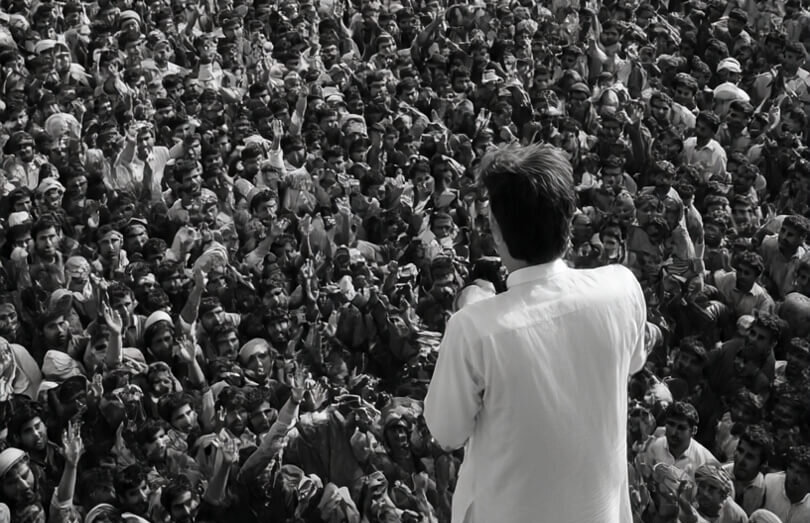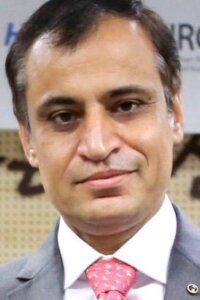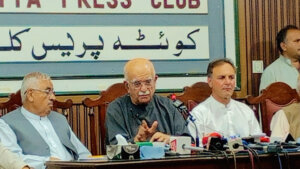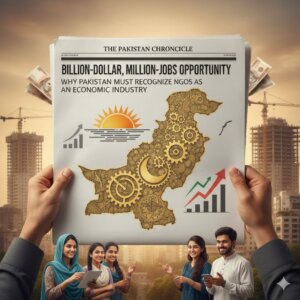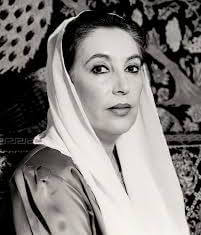Qaseem Shah: Politics in Pakistan has long been dominated by dynastic families, where power is inherited rather than earned. While such politicians often claim experience and continuity, their record exposes a harsh truth: hereditary leadership breeds entitlement, detachment, and compromise, leaving ordinary citizens’ struggles ignored. Born into privilege, raised in opulent homes, and educated in elite institutions, dynastic leaders are often insulated from the harsh realities of poverty, unemployment, and social injustice. For them, bungalows, luxury cars, armed convoys, and protocol perks are not luxuries but assumed necessities. Over time, these comforts transform into entitlement, making public service a secondary concern.
Worse, dynastic politicians are bound by political debts, family obligations, and elite alliances, which forces them to compromise on issues critical to national interest. Challenging corruption, confronting anti-political elements, or addressing systemic inequality often takes a backseat to protecting their personal and family power. This creates a leadership class that is cautious, compromised, and frequently unwilling to act decisively for the public good.
In contrast, self-made leaders emerge from struggle, not inheritance, often from humble or poor backgrounds. They are intimately familiar with the hardships of ordinary citizens, and their leadership is grounded in empathy, accountability, and courage. Free from the constraints of dynastic obligations, self-made politicians are able to challenge entrenched interests, fight corruption, and prioritize public service over personal gain.
History provides numerous examples of such leaders. Globally, Nelson Mandela, imprisoned for decades under apartheid, led South Africa to justice and reconciliation. Lula da Silva, a former factory worker, became Brazil’s president and implemented programs that lifted millions out of poverty. Abraham Lincoln, born into poverty, preserved the United States during its gravest crisis and abolished slavery—proving that real leadership grows from struggle, not comfort.
Pakistan’s political landscape has its share of self-made leaders who contrasted sharply with dynastic elites. Abdul Ghaffar Khan (Bacha Khan), born into modest means, dedicated his life to nonviolence, education, and the rights of the Pashtuns. Zulfikar Ali Bhutto, though from a relatively well-off family, rose through political activism and mass mobilization rather than relying solely on inheritance, leaving a profound imprint on Pakistan’s political culture. More recently, Imran Khan, initially a cricket superstar, built a political movement emphasizing accountability and reform, rooted in public engagement rather than family power. These leaders exemplify that real leadership is earned, not inherited, and it demands courage, integrity, and connection with the people.
Dynastic politics, in contrast, remains a structural barrier to progress in Pakistan. Leaders born into privilege often see public service as an entitlement rather than a responsibility. Their compromised independence, obsession with status and perks, and reluctance to confront entrenched interests make them ill-equipped to address pressing social and economic challenges. As long as politics is dominated by inherited privilege, the needs of the poor and marginalized remain sidelined, and reforms remain superficial.
In the end, self-made leaders rooted in struggle, empathy, and public service are the only hope for meaningful change. True leadership requires more than a family name; it requires vision, courage, and the willingness to put the people above privilege, comfort, and personal gain. For Pakistan, the challenge is clear: move away from dynastic entitlement and empower leaders who have earned the right to lead.
